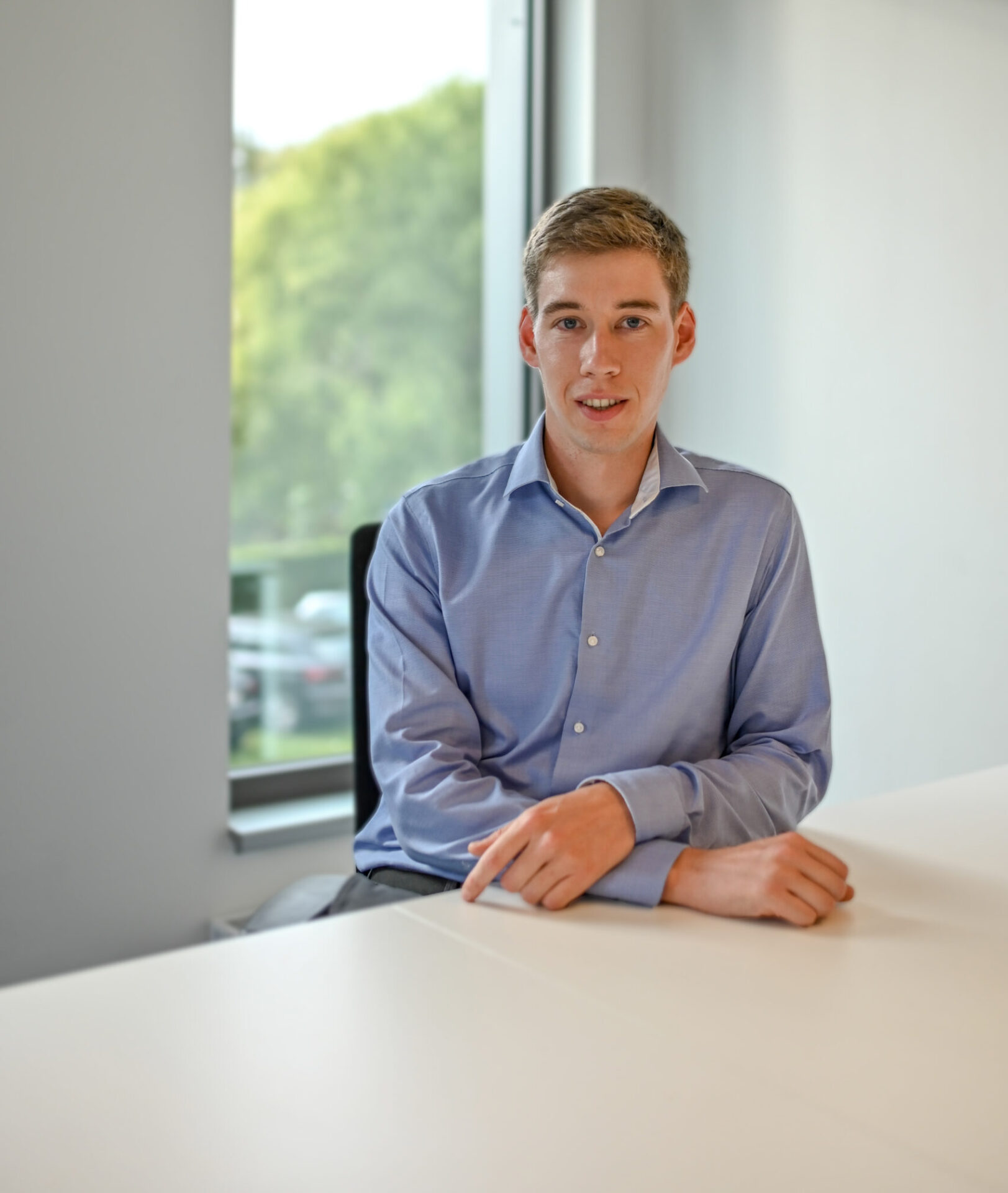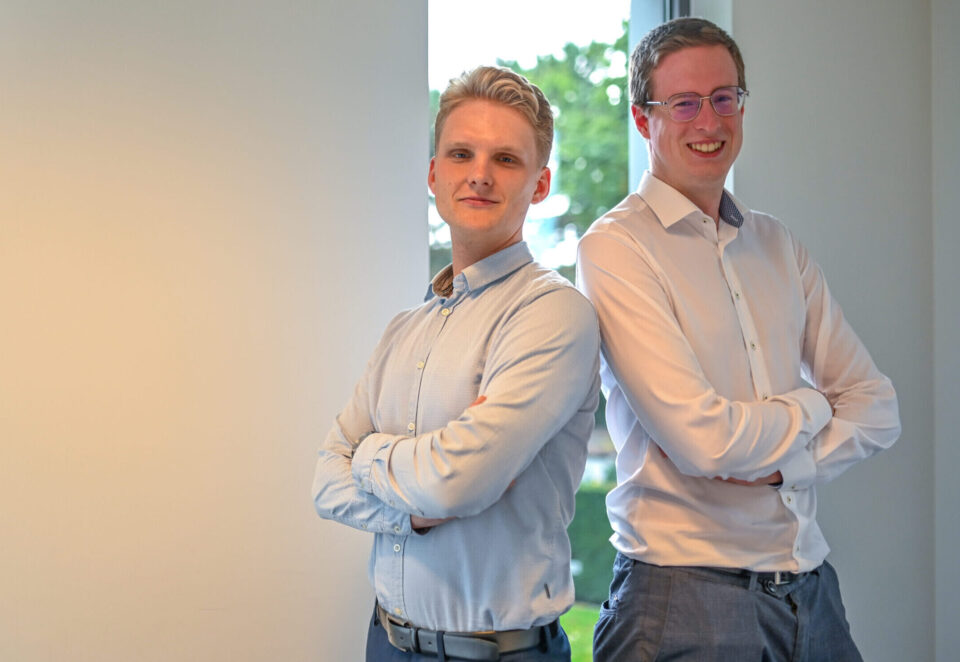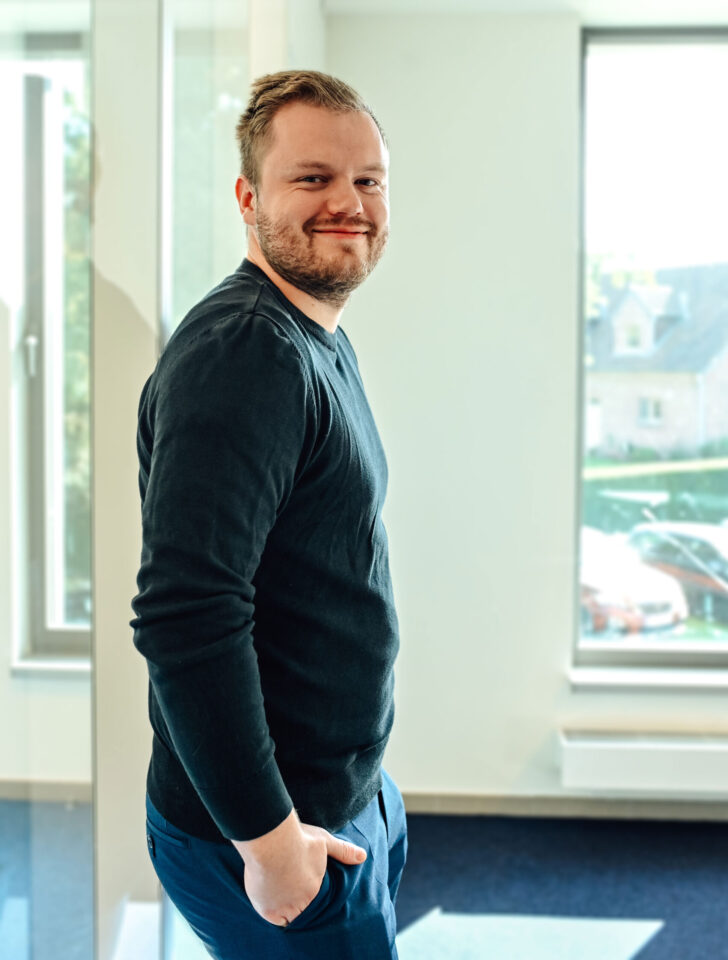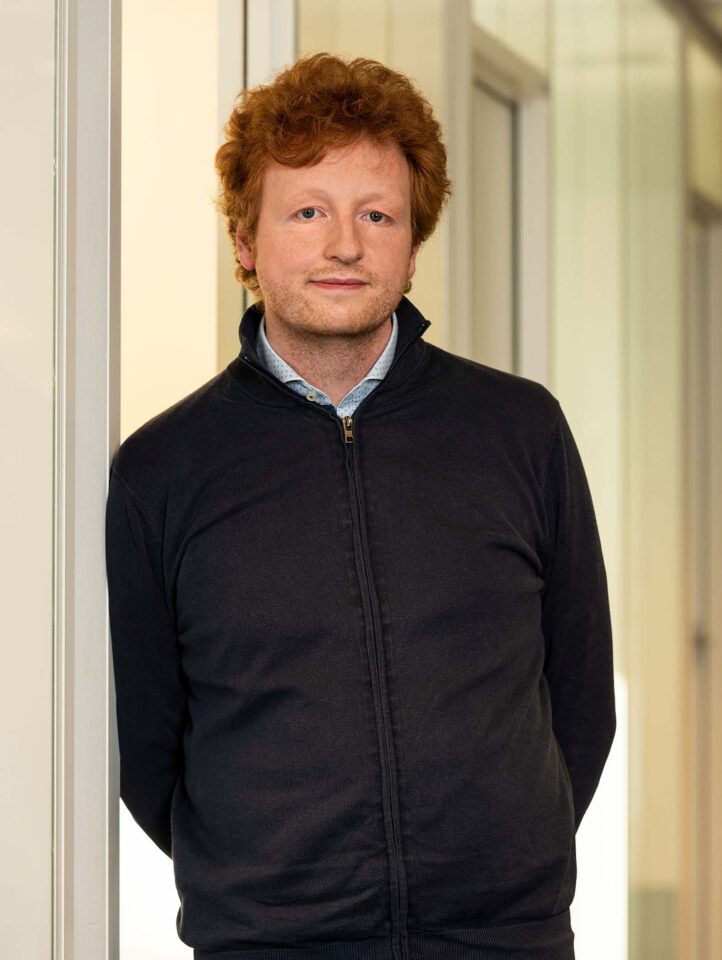Transferring PhD skills to the consulting world

Transitioning from academia to a consulting career brings its own set of advantages and challenges. We caught up with our PhD hire, Stijn, to hear how his time as a researcher has benefited his current role and why he chose Addestino to embark on a new career chapter.
Looking for academic impact
After completing his studies in applied physics and photonics, Stijn had several career paths to choose from. “As someone who likes to bridge theory and practice, I found both engineering roles and an academic career appealing,” he says. “Ultimately, I realised that the opportunity to make a significant contribution to my field and have a lasting impact there would only present itself once, so I decided to pursue a PhD at Ghent University’s photonics research group.” During his time as a PhD researcher, Stijn’s work extended beyond the lab. “I conducted experiment demos during lab sessions for students and updated our literature review every year. The majority of my work, however, was done independently and with relatively little group work or collaborative thinking.”
Consulting transition
While Stijn was still working on his PhD, he received a well-timed phone call from the Addestino HR team. “I’d been exploring my options and contemplating my next career steps,” he explains. “At first, I was looking for typical positions in the photonics industry, but as I talked to more people, consulting started to pique my interest.
Dominique and Stefan, the Addestino co-founders, not only challenged me with their business questions, but also demonstrated how their relatively small teams could achieve impressive results for big-name clients. I sensed that they went above and beyond with their corporate narrative. Unlike other organisations I interviewed with, the personal career tracks of my colleagues showed that the company isn’t just about extracting maximum short-term value from consultants, but also about fostering personal growth and helping you shape your own career.”
Adapting to corporate culture
With other PhD graduates like Sander and Dries amongst his colleagues at Addestino, Stijn feels in good company. “I was eager to see how my technical and academic skills would fit into a typical business setting. The team at Addestino has a lot of experience onboarding profiles like mine, offering a variety of transitional consulting roles.”
Reflecting on his first few months, Stijn highlights the importance of onboarding and team support. “Coming from academia, I was used to analytical thinking, problem-solving and self-teaching new skills. However, some classic organisational structures and corporate jargon were new to me. This is why the monthly training sessions on our Addestino methodology and other skills were invaluable in helping me get up to speed with our clients’ day-to-day operations. Additionally, I could always rely on my colleagues for any questions I had. Recently, I’ve been diving into data models and flows, and each new project challenges me to learn new skills on the job. Working in a fast-moving, corporate environment is quite a change from the more concentrated focus at the research lab, but I’m enjoying the change of pace.”
Evolving roles and future goals
Since starting at Addestino in March 2023, Stijn’s role in his current long-term assignment has evolved, too. “Lately, I’ve been coaching other team members to help them handle the implementation part of our current project,” he elaborates. “This shift has allowed me to focus more on scoping data models and high-level problem-solving. This quick progression has helped me become a more well-rounded consultant, even though I’ve been here for a relatively short time.”
Looking ahead, Stijn prefers to keep his options open. “In the coming years, I’d like to broaden my scope as a business analyst consultant and gain more insights into organisations across different sectors. The HR and leadership teams actively encourage this, always ready to help me find the right fit in sectors I’m interested in.”


